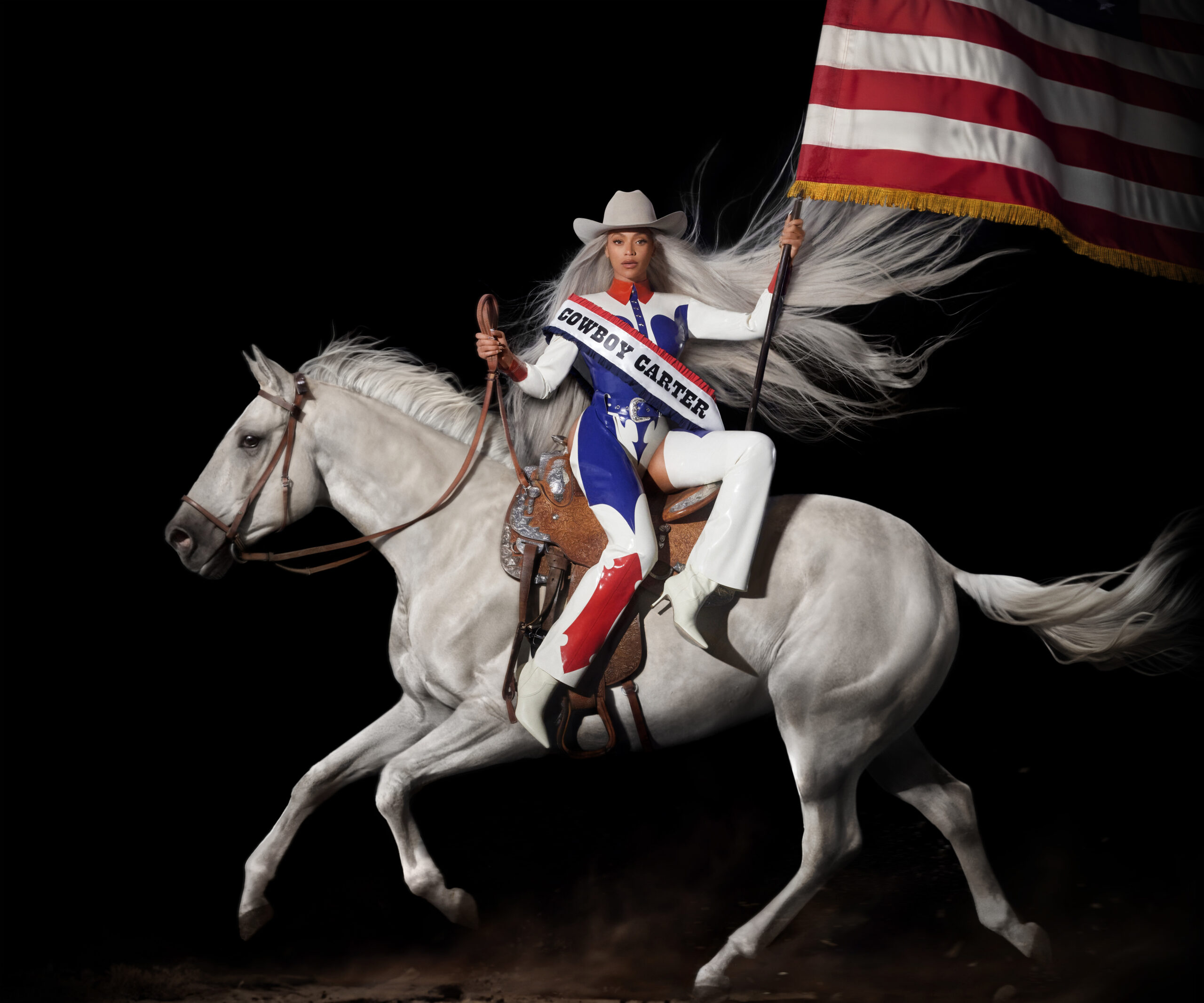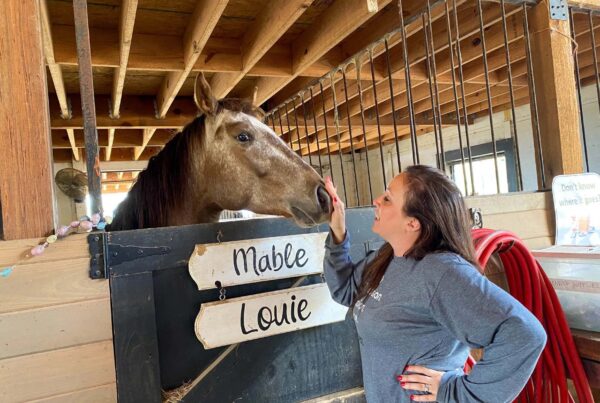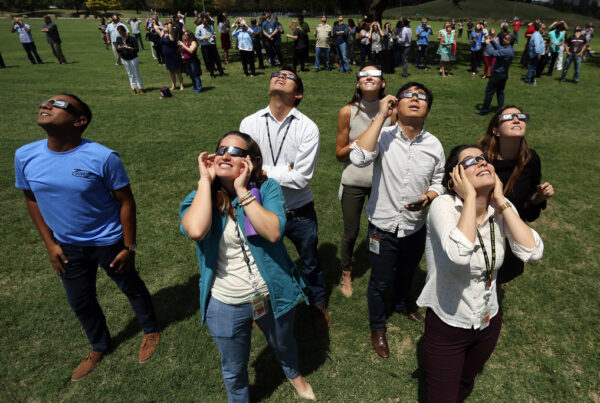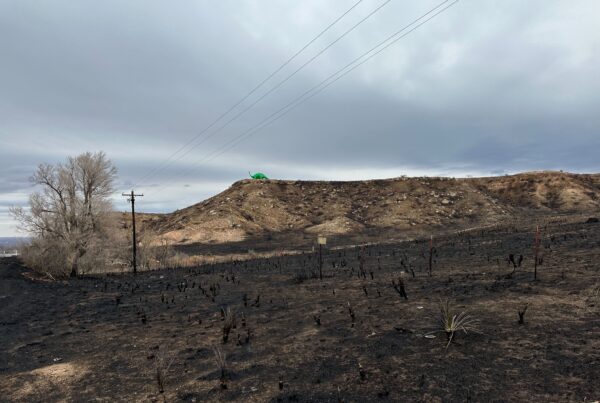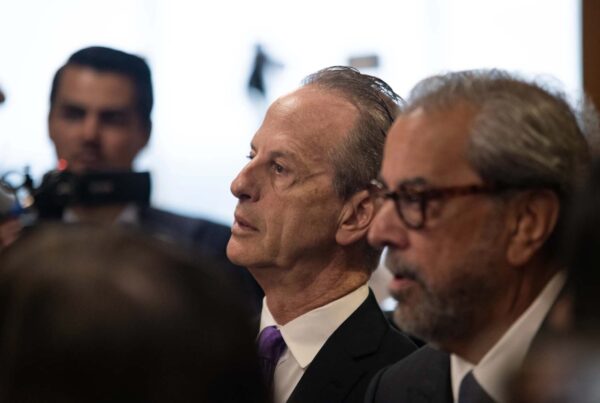Even for the casual observer, it’s probably pretty clear that Beyoncé is one of those phenomenal people that is just seemingly good at everything. Her work has spanned decades, and she’s known not just for her music, but also her style, her dancing and her ability to tell stories in so many dimensions.
Now, as you’ve no doubt heard, the Texan has firmly placed a boot in country music. Beyoncé’s latest album, “Cowboy Carter,” has spurred multiple waves of reaction: fandom, think pieces, even some backlash – and then the backlash to the backlash.
Dallas-based writer Taylor Crumpton recently wrote about Beyoncé’s defiance of country stereotypes for Time and joined the Standard with more.
This transcript has been edited lightly for clarity:
Texas Standard: Let’s start with Beyoncé’s style. You actually draw some bigger connections from her curated look for this latest album. First, could you sort of describe what she’s done visually?
Taylor Crumpton: Of course. So when we first saw Beyoncé at the Grammys, a lot of conversation occurred around her dress. And as we know, this was our first look of her post-“Renaissance” era.

Photo credit: Parkwood Entertainment LLC
So the outfit she was in, which was designed by Pharrell Williams, who has a couple of production credits on Cowboy Carter, was from his Western-inspired menwear collection for Louis Vuitton. And when we saw the outfit, a lot of people said, “oh, you know, maybe this is an homage to Texas,” her home state, which she is from.
But for those who are very familiar in the way in which she uses fashion as a form of communication in storytelling, the rumors began to start about a country album, right? And when you look at that outfit, it reminded me of the Man in Black, of Johnny Cash, of the Outlaw.
And even when she bit her thumb, right, I interviewed a fashion and costume historian, Shelby Christie, and she said it’s a reference to a Shakespeare saying biting your thumb at someone is making fun at them. So, you know, visually, she’s telling country music in a number of ways, “I’m in this space, and I’m here to bite my thumb at you for the way in which you unjustly treated me at the 2016 CMA Awards.”
Then the next time we see her is in Las Vegas at the Super Bowl, and we’re seeing a more blond bombshell Dolly Parton hair raised to heaven, Texas pageant beauty queen. I mean, she loves referencing all of the beauty and glamor and allure and hairspray that us Texans wear, right?
So we’re seeing more of a okay, this is a second interpretation of country and Western, but it’s more feminine, it’s more soft, it’s more sultry. And we know that for years, Dolly Parton has asked and requested Beyoncé to cover “Jolene.” So you’re seeing, okay, this is coming.


